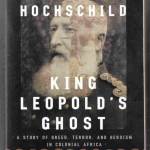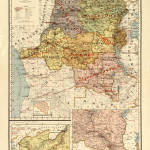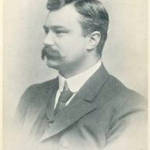
[Reposting from July, 2012, and with this update on the controversy over Hochschild’s book: Gilley critiques and Hochschild responds.]
One of the most outrageous evils of the 19th and early 20th centuries was Leopold II of Belgium’s rape of the Congo. The story is well told by Adam Hochschild in King Leopold’s Ghost.
King Leopold was effective at using state power to achieve his ends. His position as king enabled him to get funding from the Belgian government, to use diplomatic negotiation to get other nations to recognize him as Congo’s sovereign, to use government bureaucrats to administer his operations, and to use Belgian military troops for logistics and security.

As a result, widespread torture, enslavement, and murder ensued for decades. Families and communities were destroyed. The death toll of Congolese is estimated at 10 million.
The main heroes of the story are British and American citizens, E. D. Morel and Roger Casement from the UK and George Washington Williams and William Sheppard from the USA, whose energetic opposition eventually forced reform. Morel, for example, was a passionate free-trader and founder of the Congo Reform Association who used his journalistic skills to bring attention to the atrocities.

Strikingly, Hochschild notes, “Although Morel had vocal individual supporters throughout Europe, only in the United States did the cause of Congo reform become the full-scale crusade it was in England” (p. 243).
The CRA eventually attracted the attention of literary figures such as Mark Twain, Joseph Conrad, and Arthur Conan Doyle who added their considerable talents to the cause.
One lesson: Evil private individuals can do damage, but nothing comparable to the evils that government-sanctioned-and-supported organizations can do. As a private citizen, Leopold could have stolen and tortured and murdered many individuals — but as king with access to state power his ability to do evil was exponentially greater.
The tragedy of the Congo is another case study in democide and a datum in the argument for vigorously-enforced limitations on government power.
Related: “The Stain of Slavery,” in the Open College series.